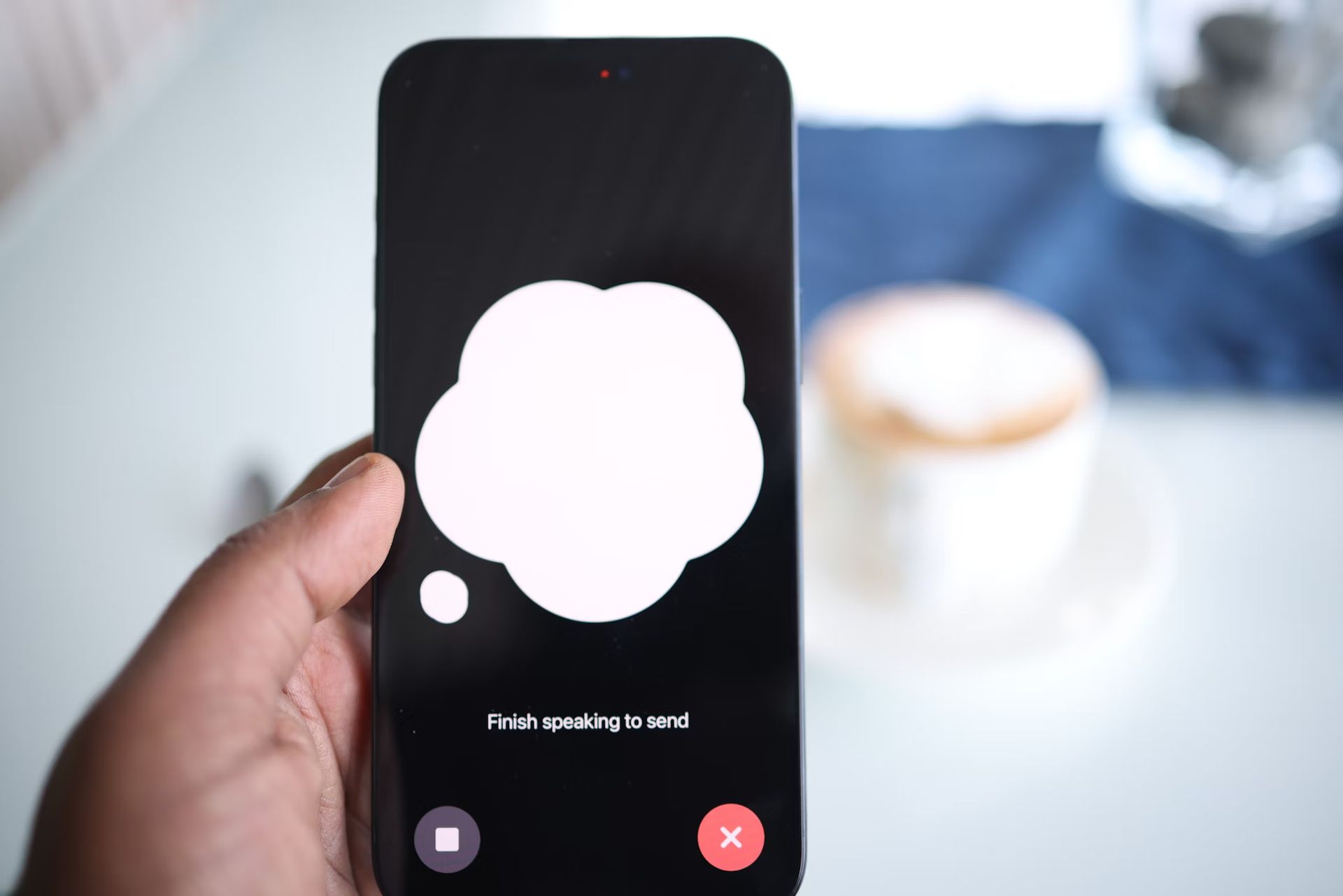OpenAI is trying to be the best teacher out there

OpenAI is set to revolutionize online education by integrating AI chatbots into courses. At a recent fireside chat hosted by Coeus Collective, Siya Raj Purohit of OpenAI’s education team explained the ongoing efforts to develop customized AI tools, called “GPTs,” for enhanced student engagement with course material. The initiative aims to provide students with tailored assistance throughout their learning process.
OpenAI enhances online education with AI chatbotsPurohit discussed how professors are currently utilizing OpenAI’s technology by uploading a complete semester’s worth of materials into AI models. These customized GPTs facilitate deeper interaction with specific subjects, potentially enhancing students’ research abilities. “This is a great way for students to interact with finite knowledge and improve their research skills,” Purohit emphasized, showcasing the aim of fostering more meaningful connections between students and educational content.
OpenAI’s commitment to the education sector is underscored by its recent hiring of Leah Belsky, former chief revenue officer of Coursera, as its first education general manager. Under her leadership, the company intends to propel its educational initiatives forward, aiming to broaden the reach of its AI-driven products in schools. Furthermore, the rollout of ChatGPT Edu—an adaptation of the chatbot specifically designed for university settings—exemplifies this aggressive strategy.
The potential market for AI in education appears lucrative. According to Allied Market Research, projections indicate that this sector could reach approximately $88.2 billion by 2033. OpenAI’s targeted efforts appear to align with these statistics as the company seeks to capitalize on burgeoning opportunities in educational technology.
Some evidence of success is visible in existing educational AI applications, such as Khan Academy’s Khanmigo, a chatbot that aids students with homework and test preparation. However, while these tools are intended to enhance learning, their effectiveness has met skepticism. For instance, Khanmigo has faced criticism for inaccuracies in basic tasks, such as mathematics, and sometimes fails to correct mistakes when prompted.
ChatGPT Pro is introduced: Is it worth $200?
Purohit contended that improvements in AI technology are underway. “All of our models keep getting better, and our goal is to help translate that into what works in learning and teaching,” she stated, signaling confidence in the evolving capabilities of AI in educational contexts.
Despite the enthusiasm from tech developers, educators express reservations. A Pew Research Center survey indicates that a quarter of public K-12 teachers believe AI tools do more harm than good in educational settings. Additionally, a recent study from the Rand Corporation and the Center on Reinventing Public Education revealed that only 18% of K-12 educators are incorporating AI into their classrooms.
Featured image credit: Solen Feyissa/Unsplash
